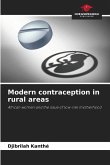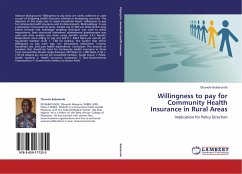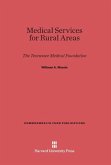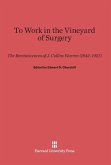The shortage of physicians in rural and remote areas is a real public health problem. Indeed, they face a stressful work environment and precarious working conditions. This jeopardizes their physical and mental health and increases early retirement. This study was conducted in the occupational medicine department of the CHU Hédi Chaker in Sfax on a total of 57 physicians practicing in the peripheral health structures of southern Tunisia. Mostly women (75.4%), (66.7%) general practitioners, (24.6%) specialists and (8.8%) dentists. Psychiatric and musculoskeletal disorders were the most common problems (47.4% and 45.6%). The other pathologies mentioned were cardiac disorders (35.1%) and endocrine disorders (19.3%). The main reasons for evaluating their professional aptitude were the avoidance of long journeys (52.6%) and night work (24.5%).Prior detection of risk situations and the development of new organizational and ergonomic strategies are recommended to ensure the quality of care and preserve the health of physicians.
Bitte wählen Sie Ihr Anliegen aus.
Rechnungen
Retourenschein anfordern
Bestellstatus
Storno








